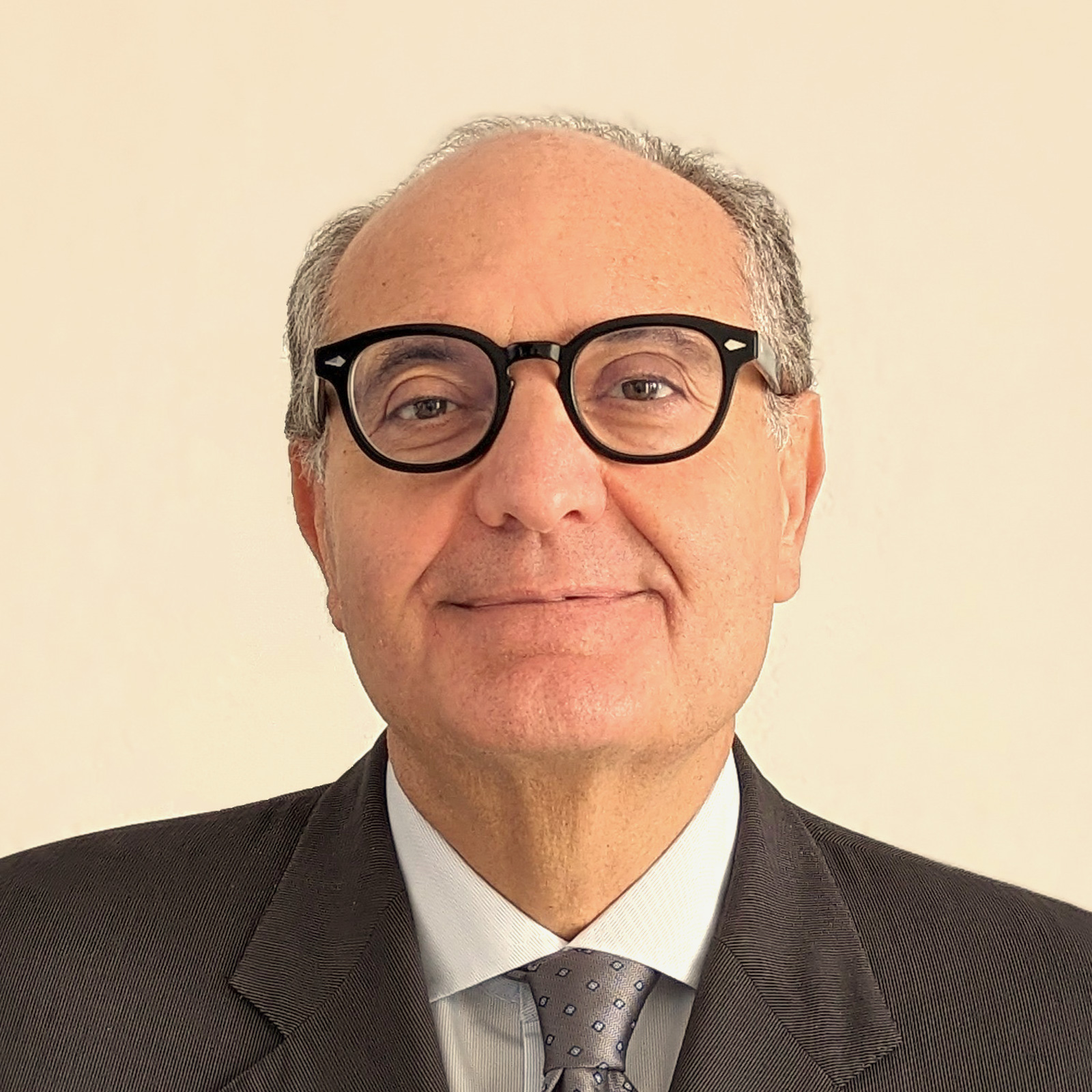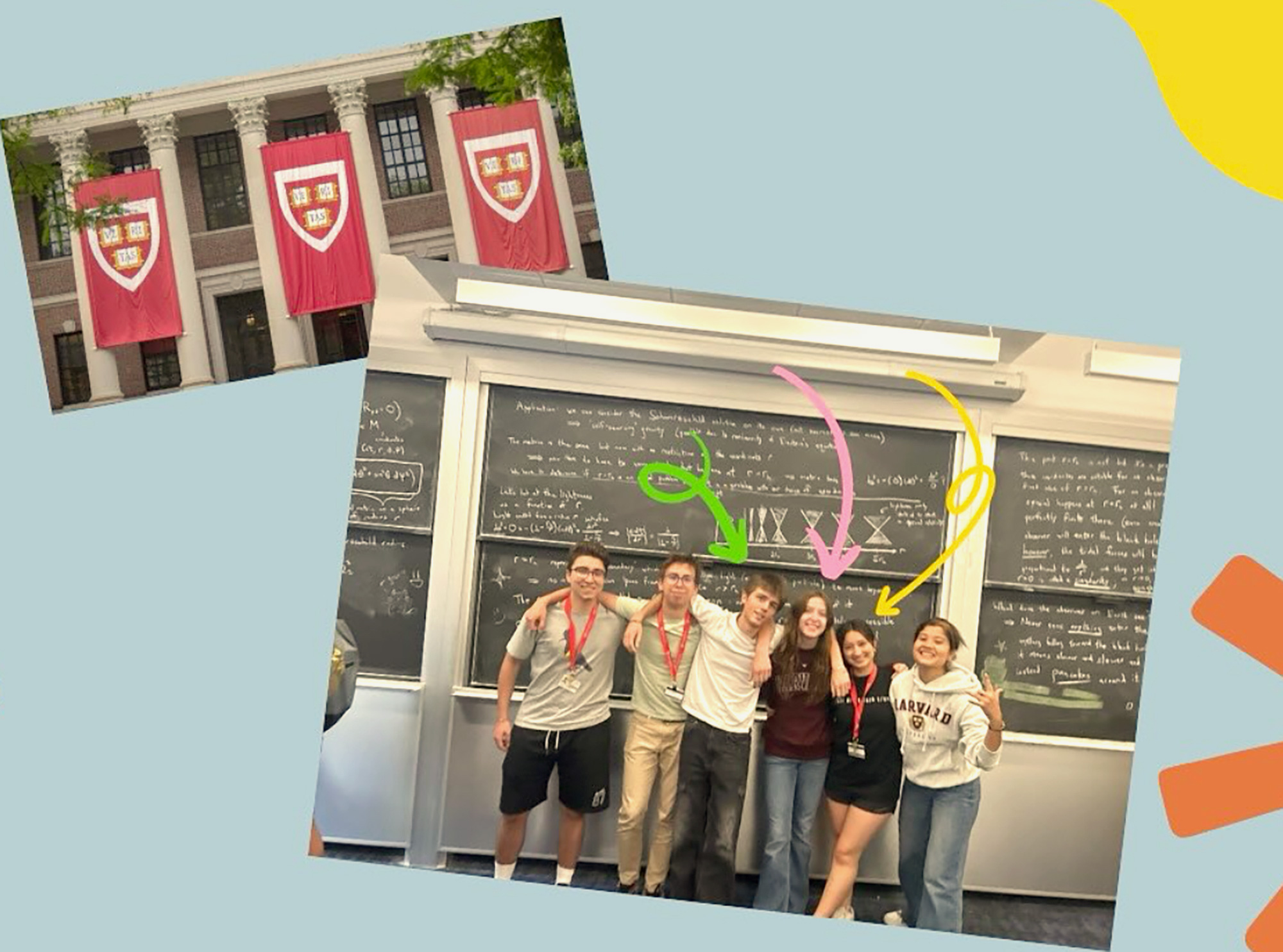On this page
Nathan Wongkar and Kenneth Suhariono met on campus in the course “Emerging Markets in Europe and Asia,” during summer 2023.
Both students were inspired by the curriculum that focused on the economics of their home country, Indonesia, and its surrounding regions.
Suhariono, a Harvard Extension School finance master’s degree student, approached instructor Bruno Sergi for a lunch meeting to learn more.
“I have a mentor who always pushes me to speak to professionals in my field to fill my knowledge gaps,” Suhariono says. “The meetings became a weekly occurrence, and we talked about economics and policies, specifically those in Indonesia.”
From these conversations, Suhariono was invited to help Sergi with policy research to contribute to course materials for other students. Wongkar, an undergraduate student studying economics and computer science at Yale-NUS in Singapore, also approached Sergi to explore potential research opportunities.
“I had been contemplating research in finance for several days, but I knew it needed a fresh perspective and some enthusiastic collaborators,” says Sergi. He noticed Wongkar and Suhariono’s dedication to the course and its topics, and through their discussions on their shared interests, the collaboration was born.
Navigating the Research Journey
First, the three scholars gathered for an intensive brainstorming session.
“Ideas flowed effortlessly, sketched out our paper’s rough outline, and identified key research questions and potential econometric methodologies,” says Sergi of the session.
Guided by Sergi, the group drafted the initial manuscript, ensuring that the research was theoretically sound and compelling enough for publication in a top academic journal.
The summer semester ended, but the research continued, and they faced limitations like time constraints and remote collaboration. The collaboration was challenging, especially as they completed the manuscript after the summer school session and continued remotely over the following months.

It reminded me why I became a Harvard summer faculty member in the first place: to nurture and collaborate with bright young minds.
Harvard Extension School instructor; Faculty Affiliate of the Center for International Development at Harvard Kennedy School
“These challenges tested our resilience and determination and we supported each other,” says Sergi. “They only enhanced the quality of our work.”
It was the first time both students had written an academic paper for publication, and Harvard offered them access to databases and research papers throughout the process.
Sergi says he appreciated the student contributions, specifically Wongkar’s data analysis expertise and Suhariono’s deep understanding of economic theories.
“Nathan’s data analysis skills helped us make sense of complex financial data, while Kenneth’s theoretical knowledge provided a solid foundation for our research,” he says. “Their specific contributions were instrumental in our collaborative journey.”
Outcomes and Opportunities
The paper, “Manipulation and Financial Market Misconduct in Indonesia” was published in The American Economist, an official publication of Omicron Delta Epsilon, The International Honor Society in Economics.
“The final acceptance of our paper reinforced the magic of collaborative goal pursuit,” Sergi says. “Nathan and Kenneth’s companionship made this journey extremely fulfilling, and I am filled with hope and optimism as I look forward to recreating this enriching experience in the summer of 2025.”
After its publication, Wongkar interned at both an asset management firm and a venture capital firm in Indonesia. Now in his final year of his undergraduate degree, he is currently working on his capstone about Indonesian equities.
“After writing the paper, I was not only able to learn more about inequities in Indonesia, but also to improve my coding, research, and writing skills,” he says. “Having the previous experience writing a paper with Harvard has given me the foundations to write another research paper.”
For Suhariono, the paper offered the opportunity to delve into a research field he hadn’t explored deeply before. It also improved outcomes for job interviews and boosted his CV, resulting in a new job as a merger & acquisition consultant at an accounting firm in Jakarta.
Reflecting on a Shared Experience
Sergi says the faculty-student collaboration was both gratifying and fulfilling.
“Their youthful enthusiasm and fresh perspectives brought new life to the research process. It reminded me why I became a Harvard summer faculty member in the first place: to nurture and collaborate with bright young minds,” he says.
The summer semester was Suhariono’s first on-campus experience as a master’s degree student.
“I was fascinated by the collaboration with high school and undergraduate students in the classroom, which exceeded my expectations,” he says. “It was an eye-opening experience.”
Wongkar also spent the summer on campus and he admired the diversity of students and the variety of different backgrounds among them.
“However, one common thing is that everyone is excited to learn and contribute to group discussions, providing insights from their personal experiences and cultures,” he says.
Both Suhariono and Wongkar encourage students to approach their instructors and working professionals in their field of interest — enriching opportunities could be right around the corner.

